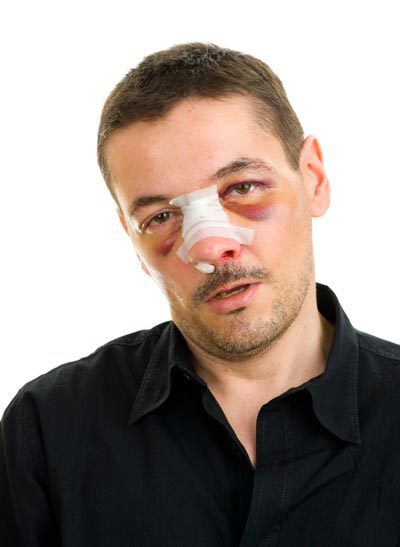Maxillofacial injuries are injuries to the face, mouth, or jaw. These injuries are often the result of accidents in sports, driving, at home, on the job, or occasionally from an act of violence. But whatever the cause, these injuries can be severely disfiguring. Once the medical situation is stabilized by a doctor, a maxillofacial surgeon will generally be called upon to examine the patient and perform surgical treatment if necessary.
A maxillofacial surgeon is someone who has completed four years of dental school followed by four more years of surgical residency training. This can include plastic surgery, anesthesiology, internal medicine, plastic surgery, general surgery, emergency medicine, or otolaryngology. After the 8 years of education and training, most maxillofacial surgeons have identified an area of expertise and pursue a career in that particular field.
In plastic surgery, maxillofacial surgeons typically specialize in treating facial trauma that has already healed at least to some degree, but has left the person’s mouth, jaw, and/or face disfigured. The surgeon is able to identify if any underlying structures need rebuilding, including the use of bone grafts where necessary to smooth out the jaw and dental implants to replace lost teeth.
After some work to the damaged areas, the individual may need braces or some other longer-term treatment to realign the jaw properly. Sometimes this actually involves the patient’s mouth being wired shut for a time, being placed on a pureed diet that must be consumed through a straw.
In addition, the outlying tissues around the jaw and mouth can be treated to reduce the appearance of scarring. Utah plastic surgeons can remove scar tissue and carefully suture together the healthy tissues, to prevent further scarring and greatly reduce or eliminate the original scar. For someone who has suffered from a facial trauma, the hope of looking normal again is priceless.

